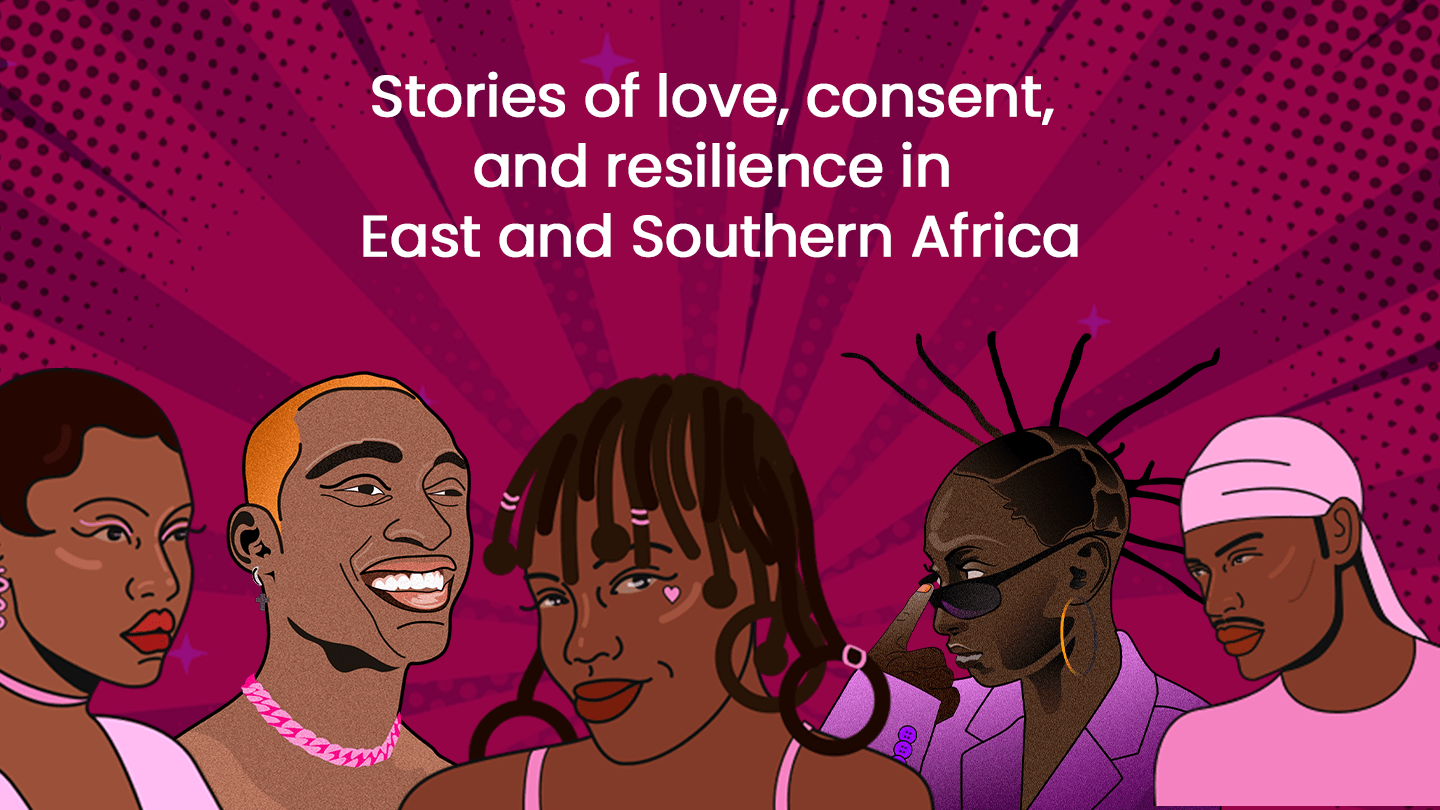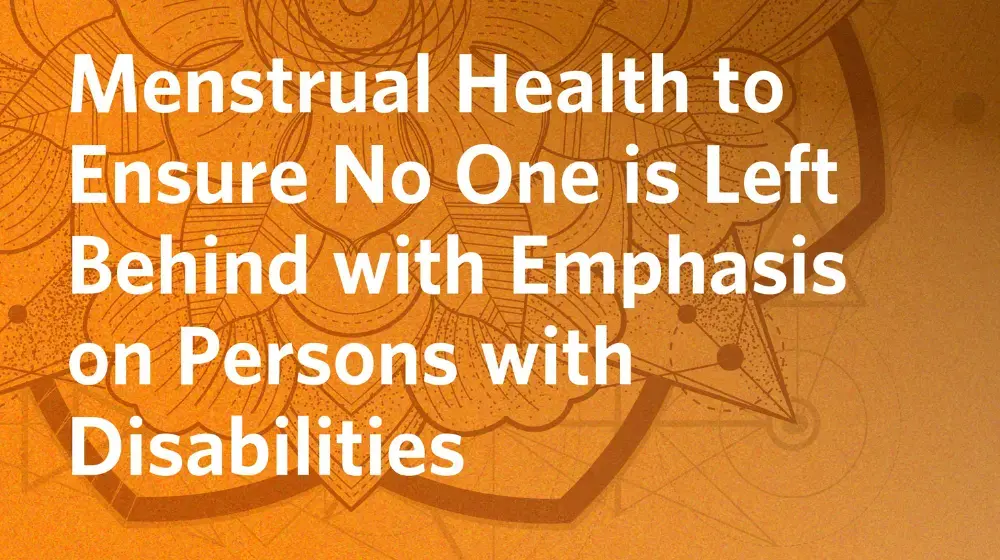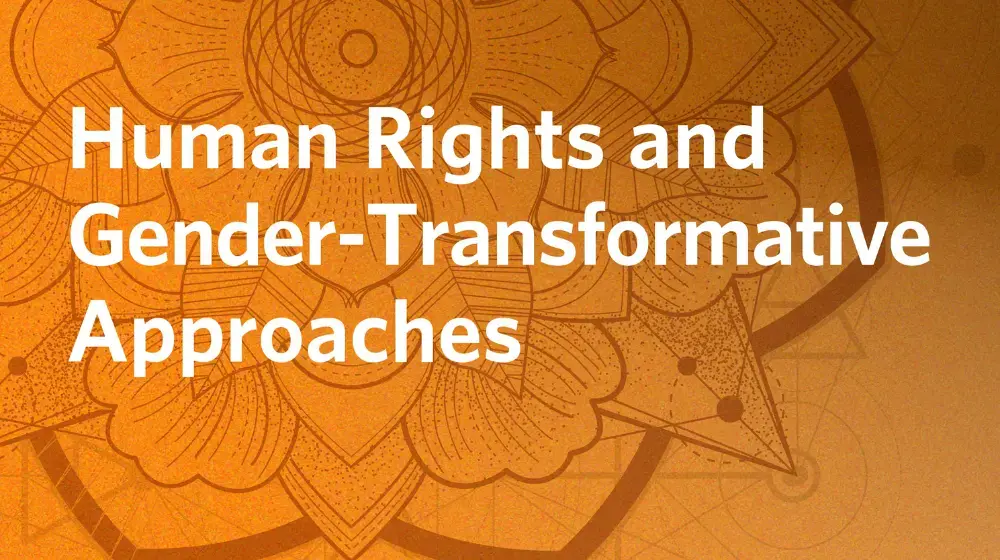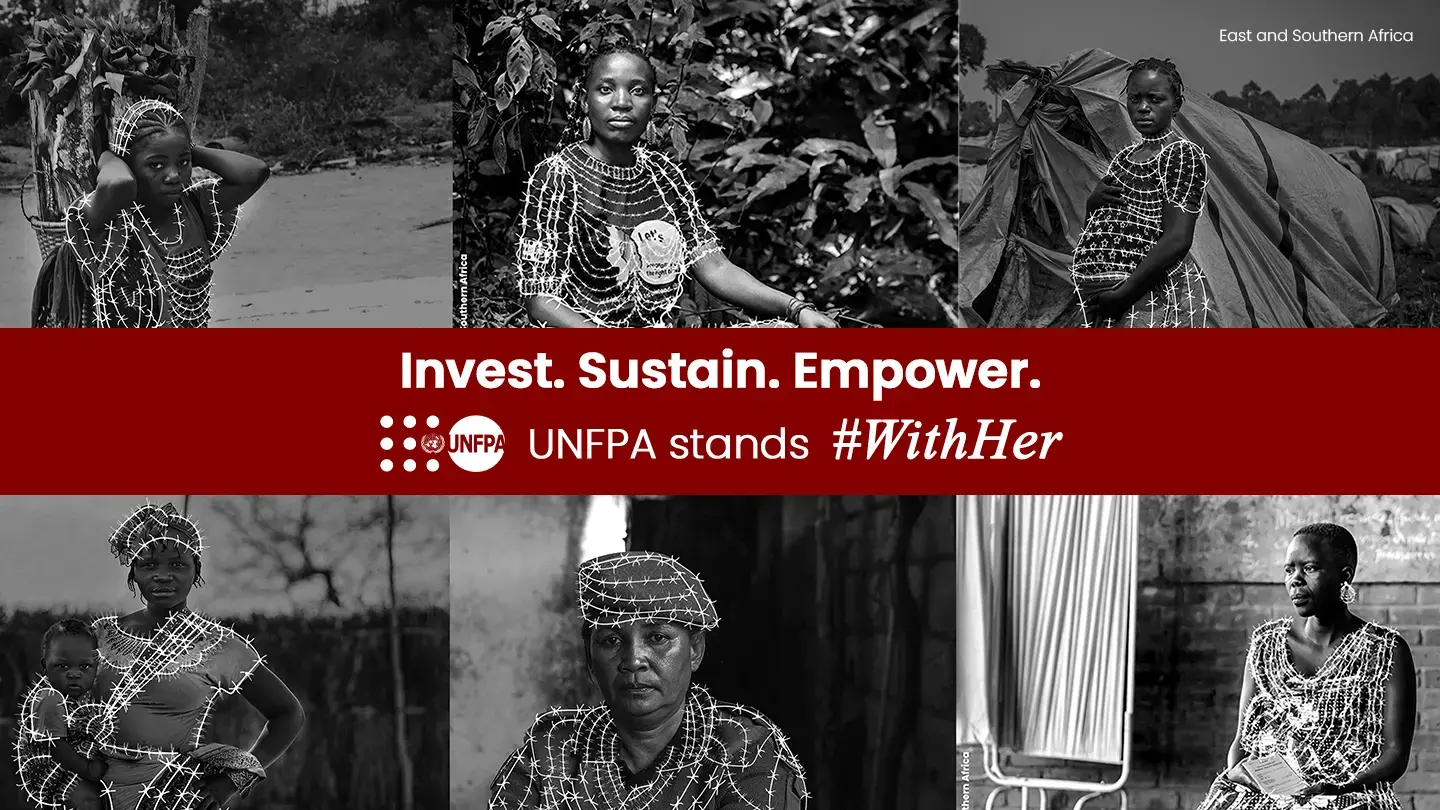Valentine's Day - Everyone has the right to make their own choices about their bodies, yet millions are denied the right to say no to sex. They are forced to cohabitate with their abusers, stripped of the right to control their bodies and left without a choice.
When we talk about love, we often talk about consent, about bodily autonomy, and the right to make our own choices about our bodies. Without clear and enthusiastic consent, interactions can become coercive, harmful, and even traumatic. For women and girls, the absence of consent is at the core of gender-based violence, child marriage, and harmful practices like female genital mutilation. By centering consent in our conversations and actions, we challenge the power imbalances that sustain these injustices.
In East and Southern Africa, rates of gender-based violence remain alarmingly high. Without age-appropriate information and access to the tools they need, women and girls become less able to realize their right to bodily autonomy.
This right is directly linked to consent, as it impacts the ability to make your own choices about your body. People must be empowered to freely and responsibly make decisions about their bodies, including if, when, and how many children to have.
Through the region -and with support from our partners- we are witnesses to remarkable stories of love and consent that interwoven in the lives of women and girls.
Empowerment in Ethiopia
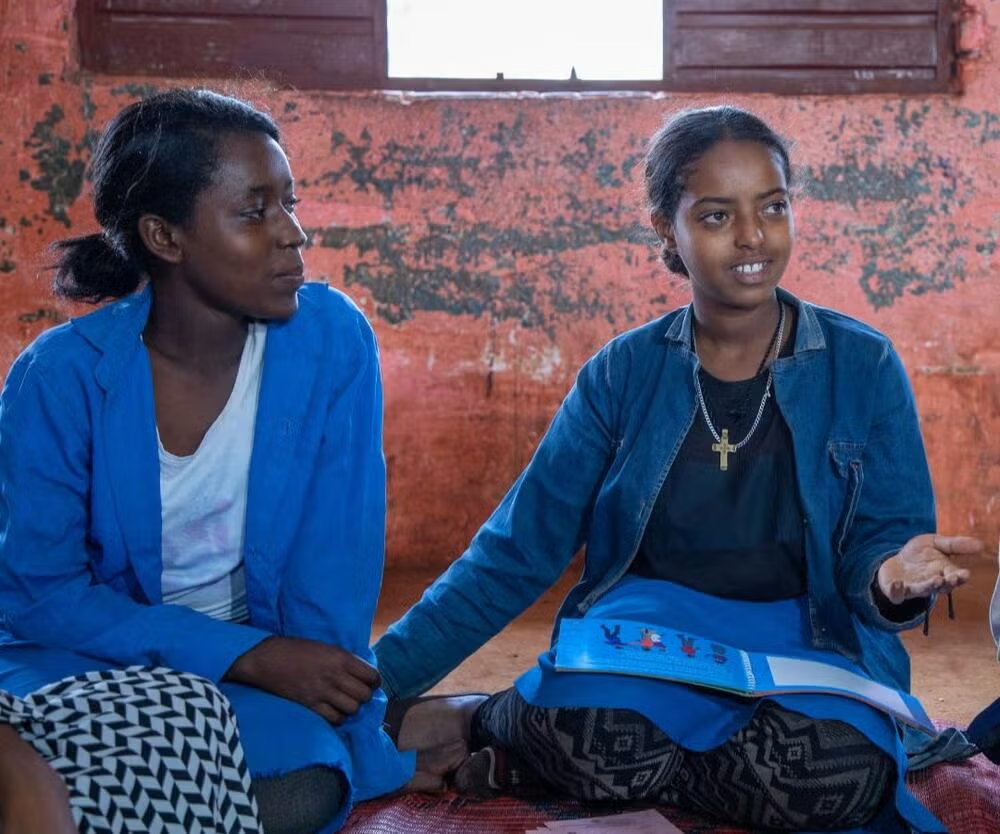
“We learned that it's up to us to influence society and our families to treat us as valuable members and believe in us”.
Hana and Mertnesh, 14, members of the Her Space program, learn about sexual and reproductive health, gender equality, and women's empowerment. "We learned that it's up to us to influence society and our families to treat us as valuable members and believe in us," says Hana. These girls are empowered to advocate for themselves and their rights.
Trying safe sex in Tanzania
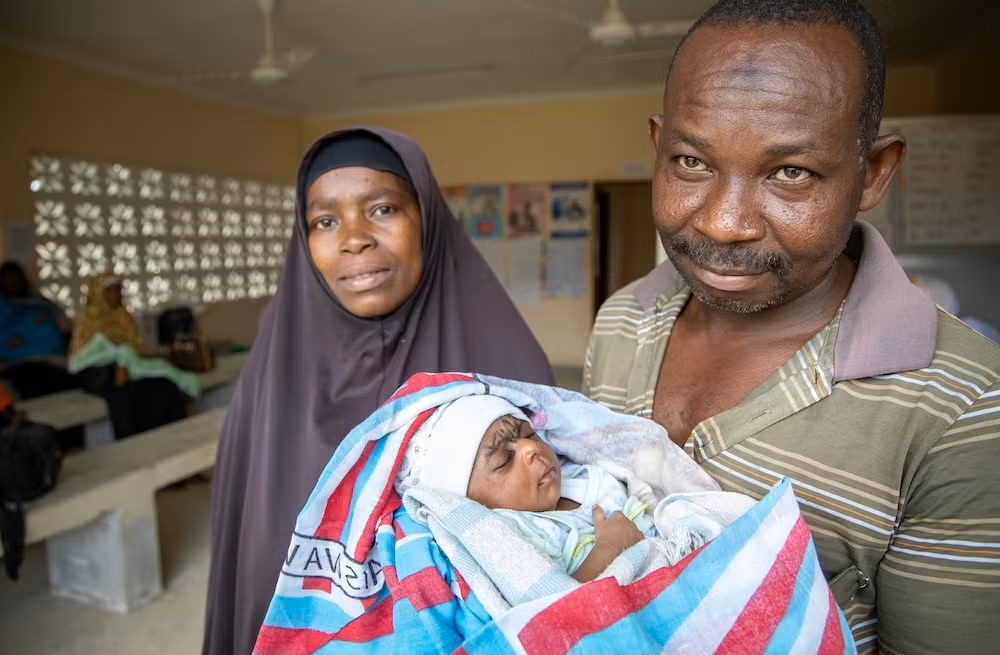
“We want to use a family planning method so we can take good care of the children we already have”.
UNFPA supports the health ministry in strengthening family planning services widening the range of contraceptive methods available. Ms. Rajabu, who always wanted a smaller family, explains, “We want to use a family planning method so we can take good care of the children we already have.” Access to contraception empowers women to make informed choices about their families.
A safe space for survivors in Zimbabwe
“I had sex thinking he loved me. But when I fell pregnant, I saw a very unexpected side of him”.
Olivia Nyangasi's story highlights the importance of consent and support. After a pregnancy and an abusive relationship, she sought help from a UNFPA-supported safe space. “[They] were able to provide me food and temporary shelter and negotiate with my parents to take me back home,” she says. Olivia's resilience and access to support helped her escape a dangerous situation.
Men leading in Lesotho
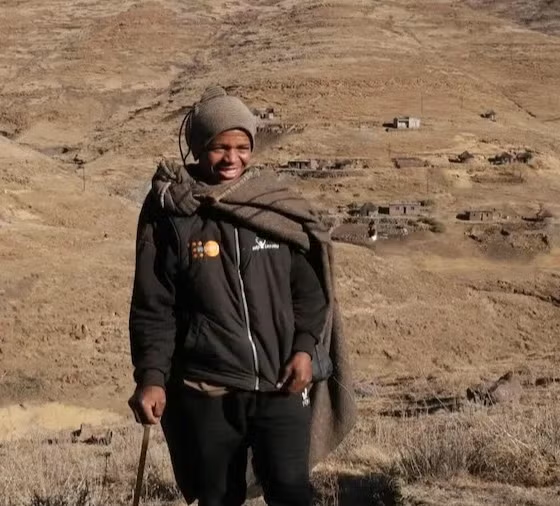
“When we talk about sexual relations, that’s when they ask a lot of questions, giggle, and express their views”.
In Lesotho, where unplanned pregnancies are common, Rantahli Mosae educates his peers on sexual health and distributes condoms. He creates a safe space for young men to ask questions and learn about their bodies.
Technology and contraception in Kenya
“By providing them with the knowledge and resources to make informed choices, these services empower girls to pursue their education and life aspirations without the interruption of unplanned pregnancies or health issues”.
At a Nairobi dispensary, Nurse Steven Ngang’a attends to young mothers accessing family planning and HIV services through the Tiko digital platform. “On our busiest days, we serve up to 270 girls,” he says, demonstrating the demand for youth-friendly sexual and reproductive health services.
Many societies still struggle with misconceptions about consent—believing it to be implied, negotiable, or even unnecessary within certain relationships. These harmful beliefs contribute to a culture where boundaries are frequently crossed, and survivors of assault face victim-blaming and silence. To shift this culture, we must ensure that consent is understood as a non-negotiable prerequisite in all interactions, particularly when it comes to sexual and reproductive rights.
This Valentine’s Day, let us celebrate love in its truest form: a love built on respect, consent, and the empowerment of all. At UNFPA we are dedicated to ensuring that everyone, everywhere, has the right to make choices about their bodies and their lives.

